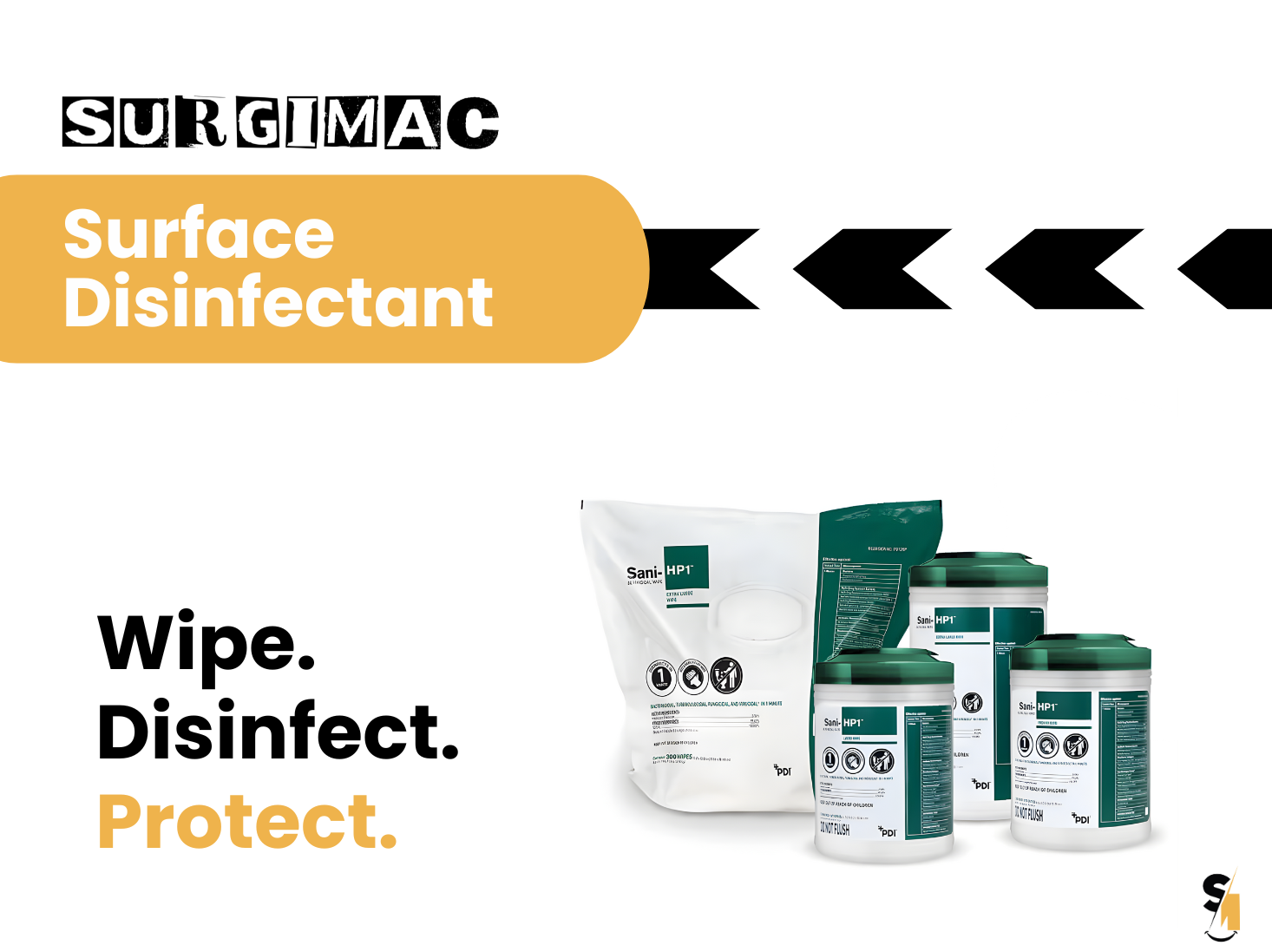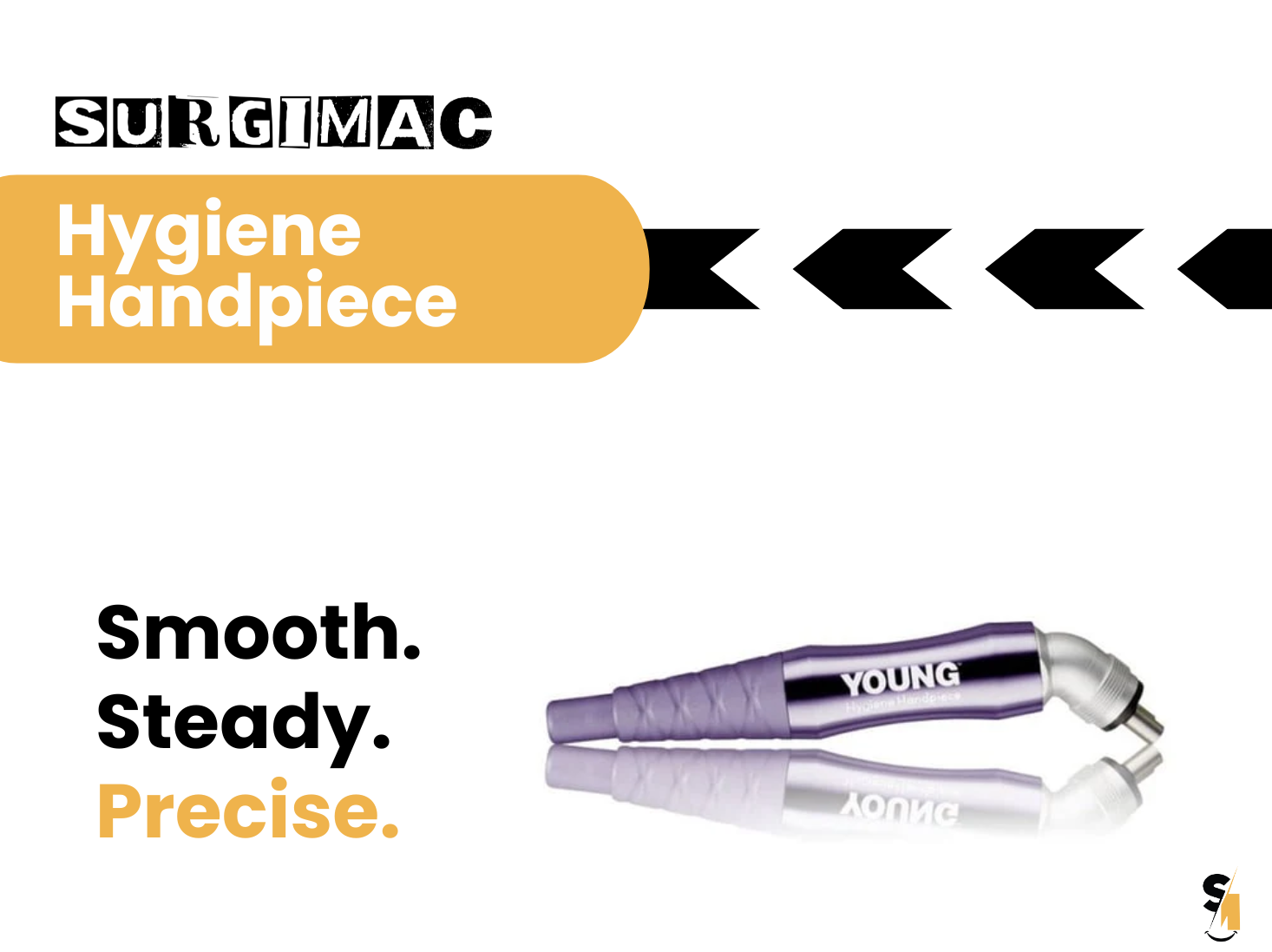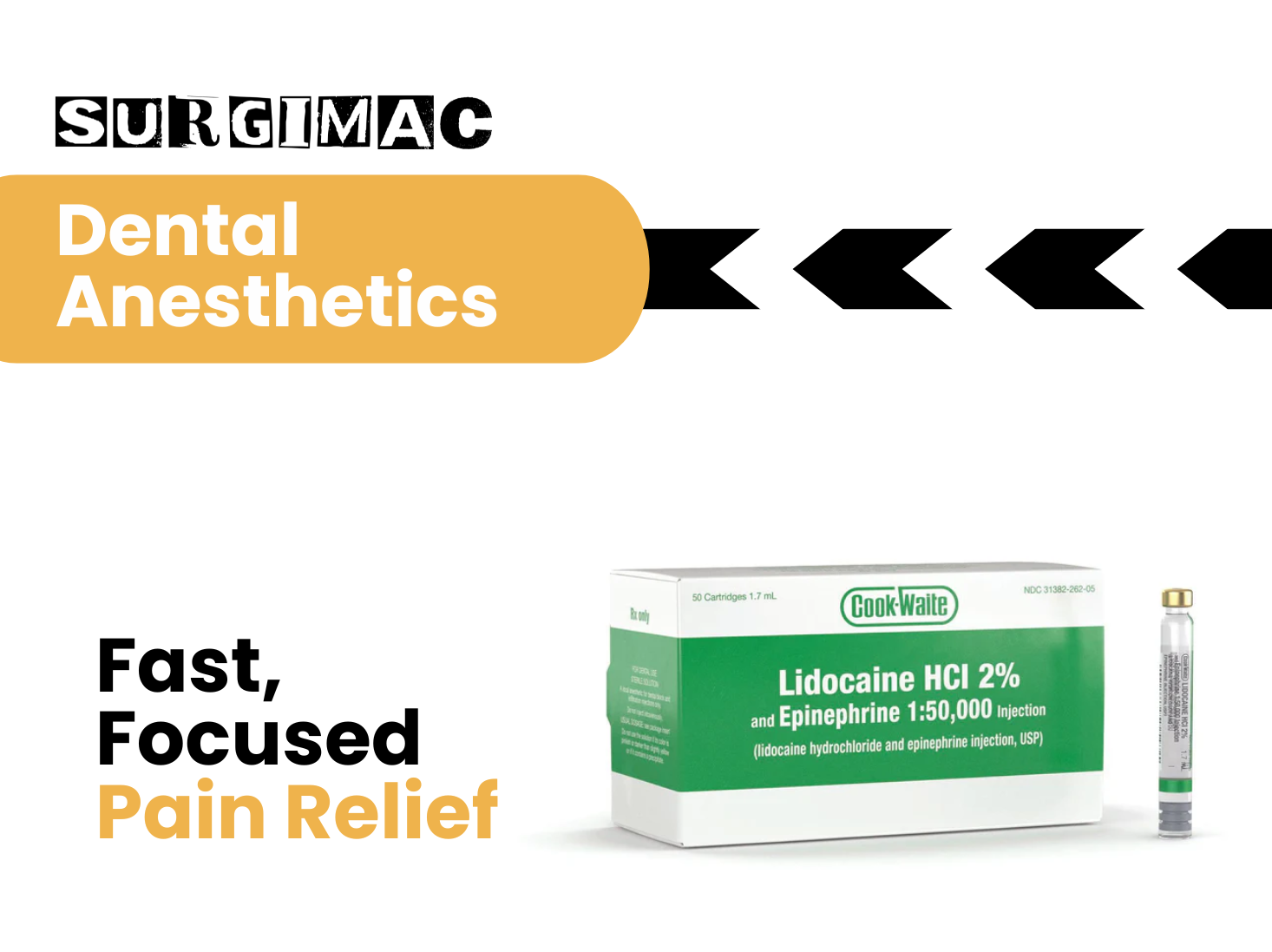In this great race to immunize the world against COVID-19, vaccines have taken center stage. Amid the floodlights are two vaccines—Pfizer-BioNTech and Moderna. If you're a medical facility looking for the most effective options or an individual making an informed choice, buckle up. We're diving deep into the nitty-gritty details, laying out all you need to know.
"Which vaccine should I get?" is probably the biggest health-related question of 2023. With the unending surges in COVID-19 cases, particularly in the U.S., the focus on vaccination efficacy, safety, and distribution has never been more important. Both the Pfizer-BioNTech and Moderna vaccines have high efficacy rates, but there are differences that might sway your choice.
Pfizer-BioNTech: The Front Runner
Pfizer's vaccine, also known as Comirnaty, was the first to receive emergency use authorization from the FDA and the first to get full FDA approval. The brand has become synonymous with COVID-19 vaccination, offering a whopping 95% efficacy rate after the second dose.
Key Highlights
-
Efficacy: 95% after the second dose
-
Shots Required: 2 doses, 21 days apart
-
Common Side Effects: Fatigue, headaches, muscle pain
Why Choose Pfizer?
-
FDA Approval: A giant stamp of confidence.
-
High Efficacy: This is the Kobe Bryant of vaccines, folks.
-
Booster Availability: A third dose is available for added protection.
Real-life Cases: Pfizer Effectiveness
In Israel, one of the countries that adopted Pfizer early, the vaccine showed 91% effectiveness against severe disease even when the Delta variant was predominant. The Pfizer vaccine, thus, offers an excellent safety net.
Advantages and Disadvantages of Pfizer
| Advantages |
Disadvantages |
| High efficacy |
Ultra-cold storage needed |
| FDA approved |
More expensive |
| Available booster shots |
Some allergic reactions |
Moderna: The Close Second
Just a step behind Pfizer, Moderna has also shown itself to be a powerhouse in the fight against COVID-19 with an efficacy rate of 94.1% after the second dose.
Key Highlights
-
Efficacy: 94.1% after the second dose
-
Shots Required: 2 doses, 28 days apart
-
Common Side Effects: Fatigue, headaches, muscle pain
Why Choose Moderna?
-
High Efficacy: No slouch in the protection game.
-
Storage: Easier to store than Pfizer.
-
Broad Protection: Shows promise against multiple variants.
Real-life Cases: Moderna Effectiveness
In the U.S., Moderna's vaccine was found to have maintained about 87% efficacy against hospitalizations and showed strong efficacy even six months after the second shot.
Advantages and Disadvantages of Moderna
| Advantages |
Disadvantages |
| High efficacy |
May need a booster |
| Easier storage |
Less global approval |
| Effective against variants |
Shorter shelf life |

Clinical Efficacy
Let's not skate around it; efficacy is probably your top concern. Pfizer and Moderna have shown to be the gold standard in COVID-19 vaccines.
Clinical Efficacy Table
| Metrics |
Pfizer |
Moderna |
| Overall Efficacy |
95% |
94.1% |
| Against Variants |
91% |
87% |
| After 1st Dose |
52% |
80.2% |
| After 6 months |
84% |
87% |
Source: Centers for Disease Control and Prevention, Food and Drug Administration, Peer-reviewed studies
Distribution and Storage
Pfizer needs ultra-cold storage, at -70°C (-94°F), making it a logistic nightmare for some facilities. Moderna, on the other hand, can be stored at -20°C (-4°F), making it easier to handle.
Distribution Challenges
| Challenges |
Pfizer |
Moderna |
| Required Temperature |
-70°C |
-20°C |
| Shelf Life |
5 days |
30 days |
| Global Availability |
High |
Moderate |
Side Effects
Nobody wants to feel like they've been hit by a truck after getting vaccinated. Side effects are generally mild for both vaccines, including symptoms like fatigue, headache, and muscle pain.
Cost Considerations
Both vaccines come at a cost, but Moderna tends to be more expensive due to its smaller production scale. Pfizer has been subsidized more extensively, making it a more cost-effective choice for larger vaccination drives.
The Future: Boosters and Variants
Boosters are becoming a big deal, with waning immunity and new variants like Lambda and Delta Plus creeping up. Pfizer and Moderna are both offering booster shots.
Booster Efficacy
| Metrics |
Pfizer Booster |
Moderna Booster |
| Efficacy Boost |
25% |
42% |
| Against Variants |
20% |
37% |
Making the Right Choice for Medical Facilities
If you're a medical facility pondering your vaccine options, here's the scoop: Both vaccines offer high protection but consider storage and volume needs. For an environmentally responsible choice, contact SurgiMac for your medical supply needs.
You've got two stellar choices. Pfizer packs a punch with high efficacy and FDA approval, but requires ultra-cold storage. Moderna also offers robust protection and easier storage options. Make an informed choice and don't underestimate the power of these vaccines. They could be the barrier that stands between you and severe COVID-19 illness. Stay safe!
Source: Centers for Disease Control and Prevention, Food and Drug Administration, Peer-reviewed studies
For Medical Supplies: For environmentally responsible medical supplies, get in touch with SurgiMac, your dedicated provider for top-tier products.
Remember, a shot in the arm is better than two in the ICU. Get vaccinated!








